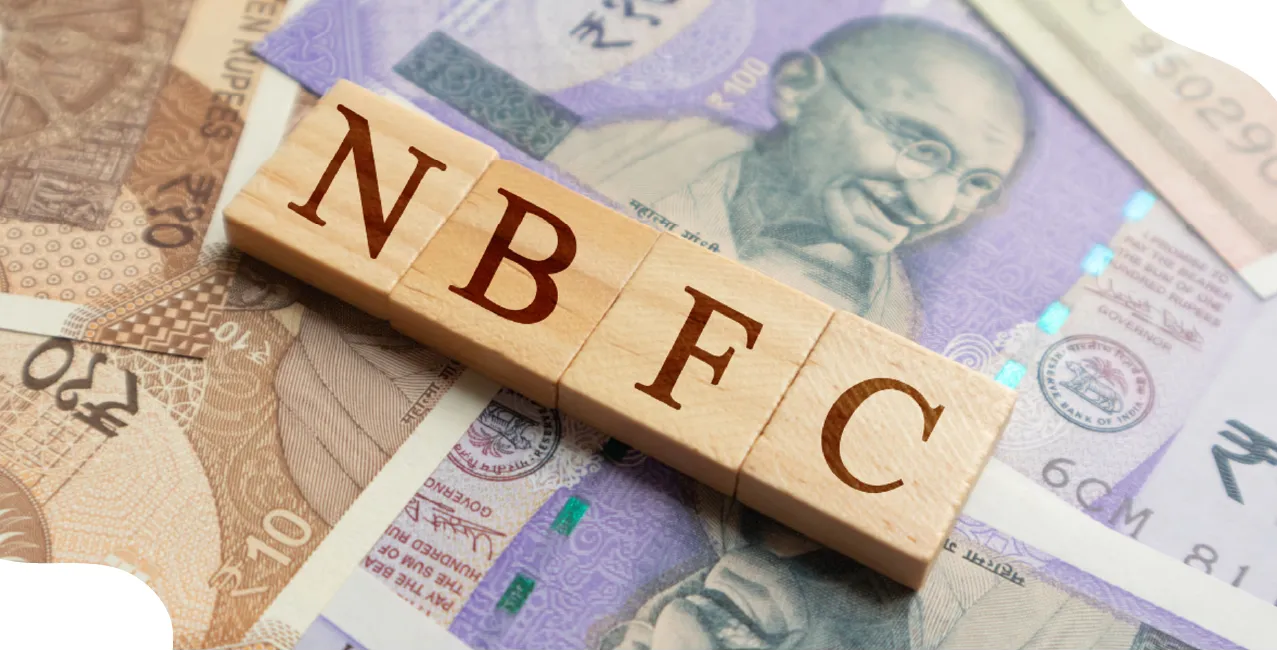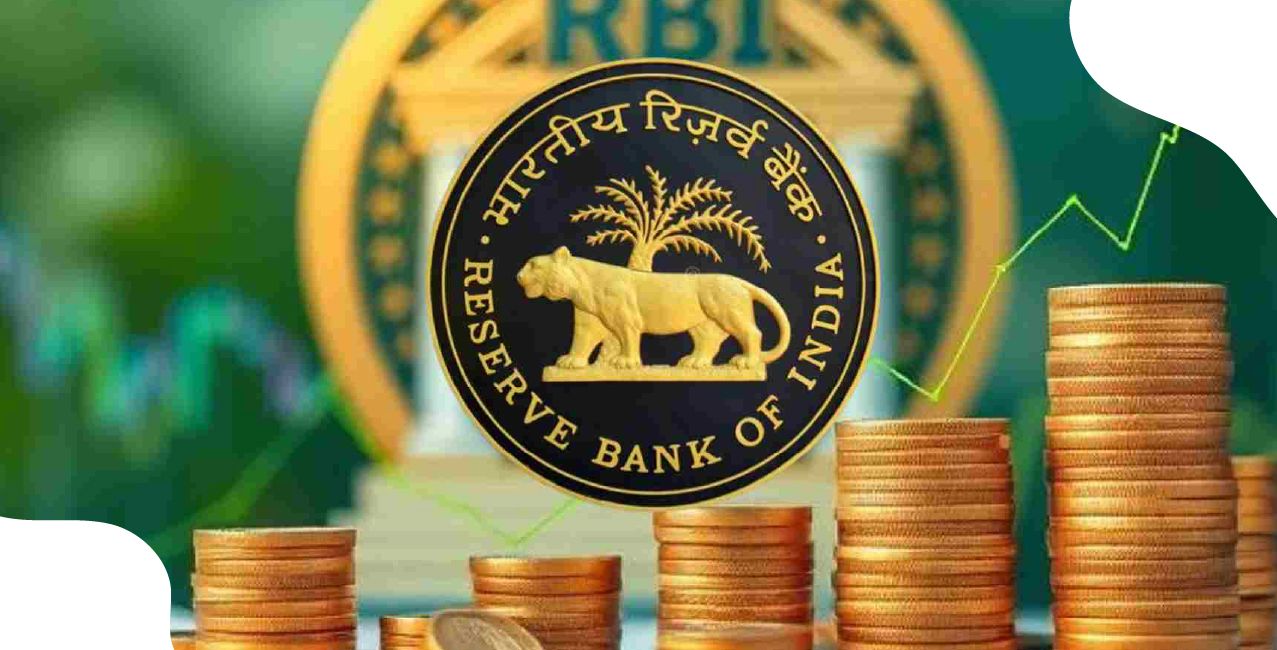Indian NBFCs Raise $3.67 Billion in Overseas Syndicated Loans, Double 2024 Levels

Check Your Loan Eligibility Now
By continuing, you agree to LoansJagat's Credit Report Terms of Use, Terms and Conditions, Privacy Policy, and authorize contact via Call, SMS, Email, or WhatsApp
Indian non-bank financial companies (NBFCs) have significantly scaled up their overseas syndicated borrowing in 2025, securing $3.67 billion, a figure that more than doubles the $1.64 billion raised in the entirety of 2024. This striking surge underscores growing global confidence in Indian NBFCs as international lenders tap into cost-effective, diverse financing avenues amid supportive regulatory conditions and a shifting domestic landscape.
Rupee depreciation of about 2.35% against the US dollar in 2025 adds another layer of complexity, amplifying repayment risks. Yet global banks are increasingly willing to lend, reflecting improved risk appetite.
Key Drivers of the Surge
- Cheaper pricing via floating-rate loans
Most syndicated deals are linked to the three-month SOFR (Secured Overnight Funding Rate). The rate eased by approximately 100 basis points, dropping from 5.35% to 4.35%, reducing borrowing costs considerably.
- Diversified lender base
Greater participation from overseas banking institutions has expanded the pool of available credit.
- Favourable tax treatment
Offshore borrowing benefits from tax incentives and lenient regulations, making such debt instruments more attractive.
- Accessibility for lower-rated NBFCs
A remarkable 78%, or approximately $2.85 billion of loans in 2025 went to NBFCs rated below AAA. In 2024, about 87% of overseas funds similarly supported lower-rated firms.
- For Example: Avanse Financial Services
Avanse raised $200 million via a three-year syndicated loan led by HSBC and involving eleven banks across Japan, Taiwan, Singapore, and the UAE. A notable twist: the deal featured dual currency proceeds, including $59 million in Japanese yen, helping lower borrowing costs and diversify exposure.
Read More – Why Most Borrowers Are Choosing NBFCs Over Banks in 2025
Comparative Snapshot
These numbers highlight not only volume growth but also a maturation in the type and structure of overseas liabilities Indian NBFCs are taking on.
Why the Emphasis on Overseas Borrowing?
- Domestic credit squeeze
Indian banks have tightened discretionary lending to NBFCs potentially pushing them to explore external markets more actively.
- Cost-effective alternatives
Floating‐rate syndicated loans are now more appealing than expensive bond issuances, due to lower issuance costs and easier negotiation dynamics.
- Strategic liability diversification
International borrowings—especially in foreign currencies help reduce rupee exposure and spread repayment risk.
Risks and Policy Considerations
- Exchange-rate volatility
Adverse rupee swings could escalate the cost of servicing these loans, especially when rates fluctuate sharply.
- Credit risks
Lending to lower-rated NBFCs signals growing risk tolerance among global banks, but also underscores vulnerability if sector performance falters.
- Regulatory vigilance
The RBI may need to revisit external borrowing guidelines to ensure systemic stability while balancing the liquidity benefits NBFCs derive from overseas funding.
Brief Insight: Avanse’s Dual-Currency Strategy
Avanse Financial Services, a non-bank mortgage lender, raised $200 million through a syndicated loan featuring a dual-currency structure. Seeking cheap and diversified funding, Avanse allocated $59 million in yen, a strategic choice given lower rates and favourable tax implications in certain jurisdictions.
This approach underscores growing sophistication in NBFC financing strategies and a keen eye on liability management.
Also Read - NBFCs No Longer ‘Shadow Banks’, Should Aim to Reach 50% of Commercial Bank Lending: FM Sitharaman
Outlook for the Remainder of 2025
- Sustained overseas traction
Given the confluence of favourable pricing, diversification benefits, and market confidence, NBFCs are likely to continue tapping Foreign Commercial Borrowing (FCB) channels aggressively.
- Possible rate dependencies
Any resurgence in global interest rates or a major spike in SOFR, could dampen the appeal of floating-rate loans.
- Currency watch
Sustained or worsening rupee depreciation could erode the cost advantages of overseas loans.
- Policy recalibration
RBI may consider caps or additional rubrics for exposure limits, risk weights, or reserve requirements for NBFCs relying heavily on external debt.
Conclusion
In summary, Indian NBFCs have made a bold leap in gathering international capital, raising $3.67 billion through syndicated loans in 2025, more than twice the prior year’s total. Cheaper lending, wider market access, tax incentives, and acceptance of lower-rated firms have fueled this uptick.
While promising in terms of liquidity and expansion, the approach comes with exchange-rate and credit risks that require prudent oversight. As global and domestic conditions evolve, NBFCs and regulators alike must remain agile in steering this offshore borrowing dynamic.
About the author

LoansJagat Team
Contributor‘Simplify Finance for Everyone.’ This is the common goal of our team, as we try to explain any topic with relatable examples. From personal to business finance, managing EMIs to becoming debt-free, we do extensive research on each and every parameter, so you don’t have to. Scroll up and have a look at what 15+ years of experience in the BFSI sector looks like.
Subscribe Now
Related Blog Post

Home Loan Interest Rates 2025 Deliver Major EMI Relief, Will Borrowers See More Gains In 2026?

Will the Indian Rupee Stabilise in 2026 After a Volatile 2025?

RBI Draft Rules Target Surprise Costs in Overseas Payments
Recent Blogs
All Topics
Contents
Quick Apply Loan
Consolidate your debts into one easy EMI.
Takes less than 2 minutes. No paperwork.
10 Lakhs+
Trusted Customers
2000 Cr+
Loans Disbursed
4.7/5
Google Reviews
20+
Banks & NBFCs Offers
Other services mentioned in this article





